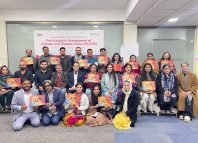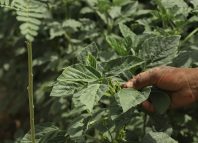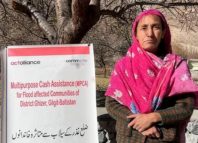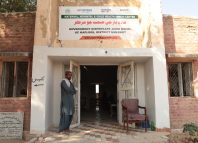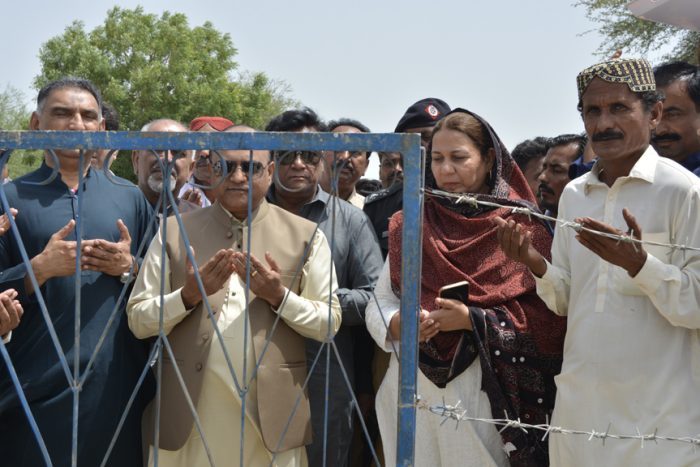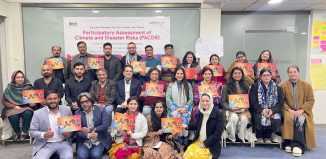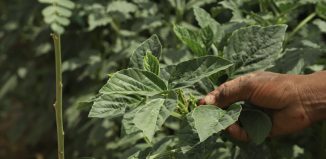Celebrating Access Ownership & Resilience
As part of our integrated DRR and WASH project in Umerkot, newly constructed water supply schemes were officially inaugurated and handed over to local communities in partnership with government line departments. This symbolic and practical milestone not only marks the successful completion of the project but also ensures community ownership, long-term sustainability, and strengthened collaboration with local authorities.
Building Resilience Restoring Lives:
In 2024, Community World Service Asia, with support from CWSA Japan and the Ministry of Foreign Affairs, Japan, successfully implemented an integrated Disaster Risk Reduction (DRR) and Water, Sanitation, and Hygiene (WASH) project in the flood-affected villages of District Umerkot, Sindh.
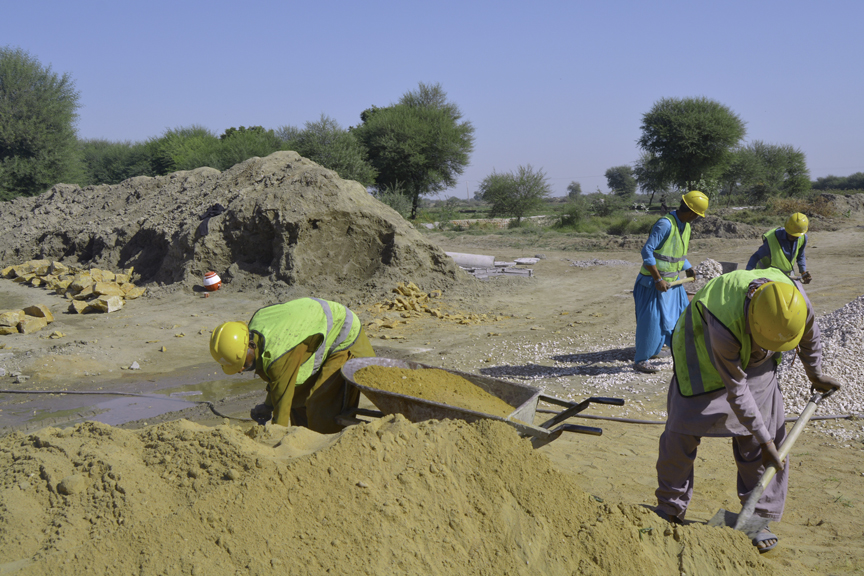
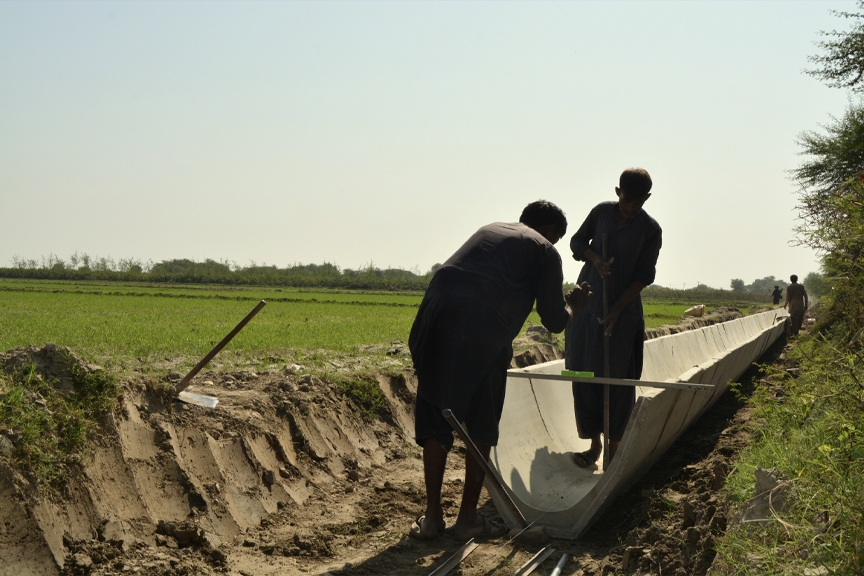
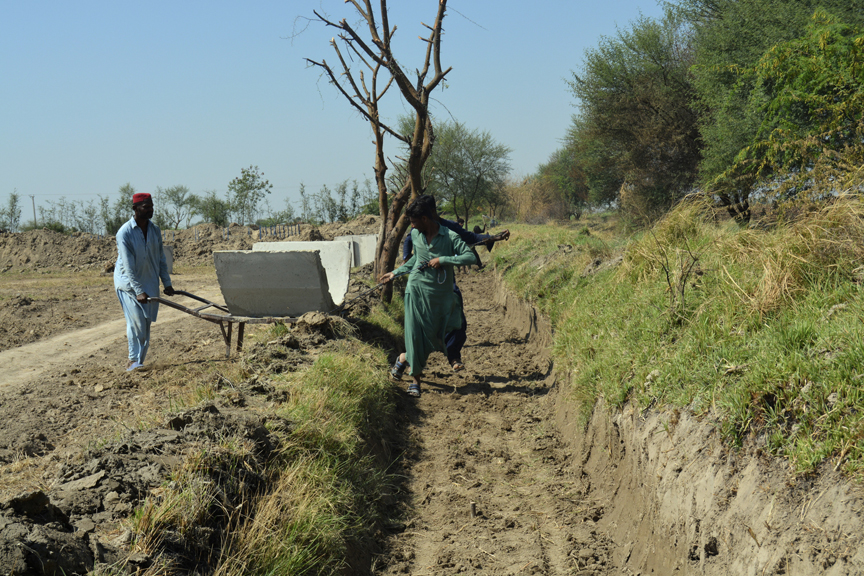
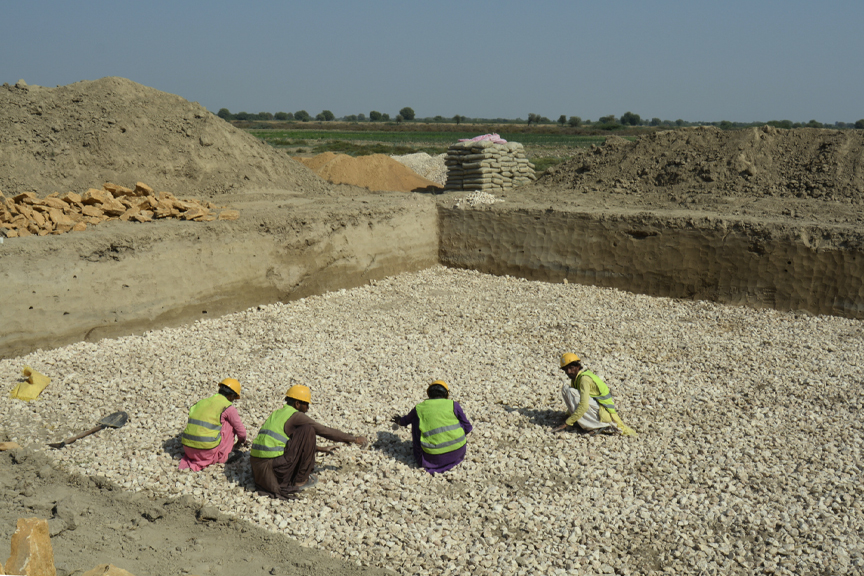
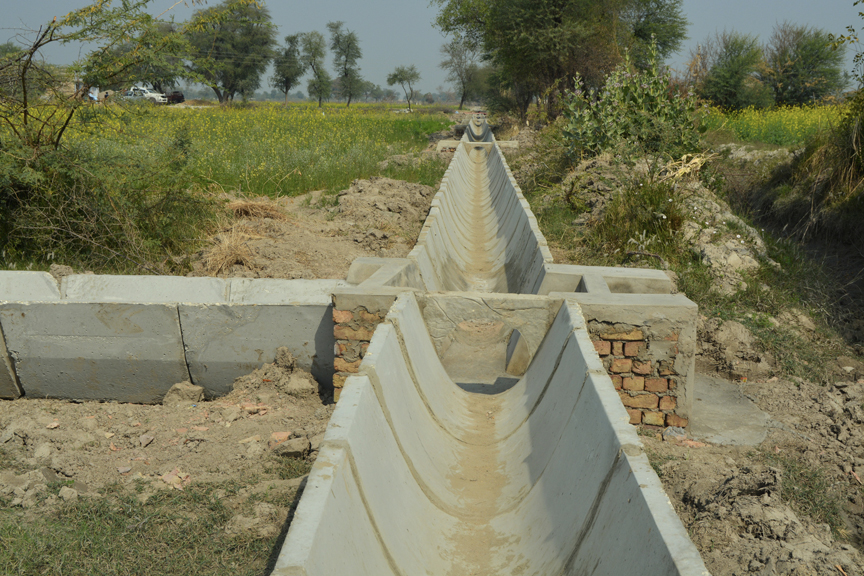
This initiative empowered vulnerable farming communities to bounce back stronger from recurring floods by improving agricultural practices, restoring safe water access, and enhancing community preparedness. By combining climate-resilient farming techniques with essential WASH services, the project strengthened both livelihoods and long-term resilience across disaster-prone communities.
Empowering Communities Sustaining Futures
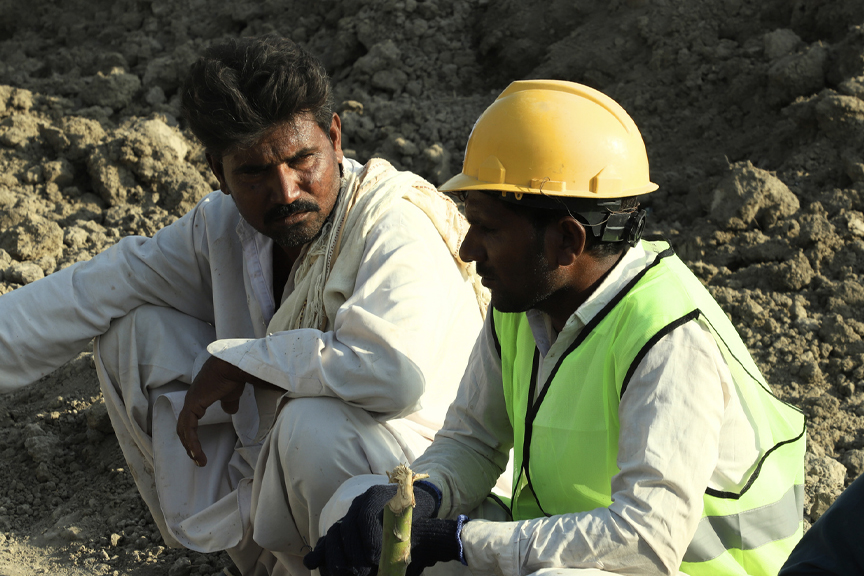
A major component of the initiative involved constructing over 6 kilometres of lined water channels, along with 12 strategically located water reservoirs. These infrastructure developments aim to optimise water conservation and management—crucial for sustaining agriculture in this arid and flood-prone region.
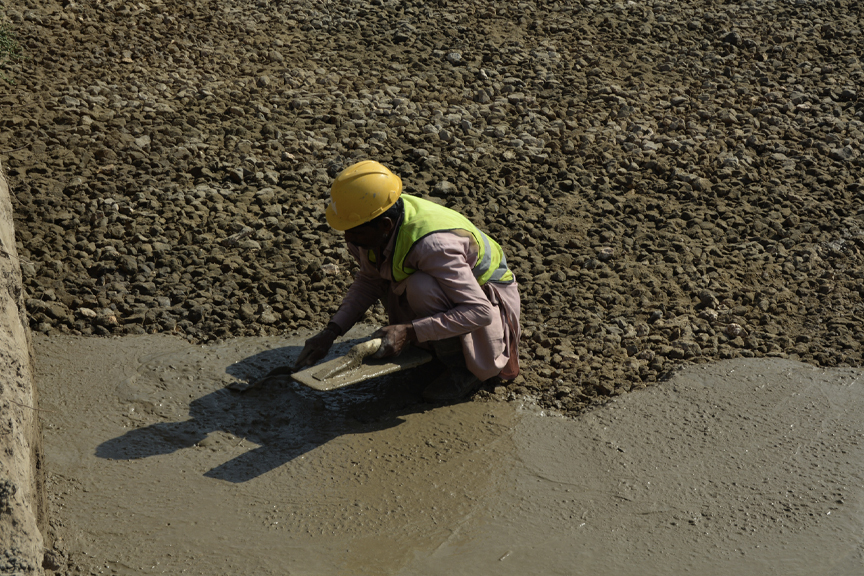
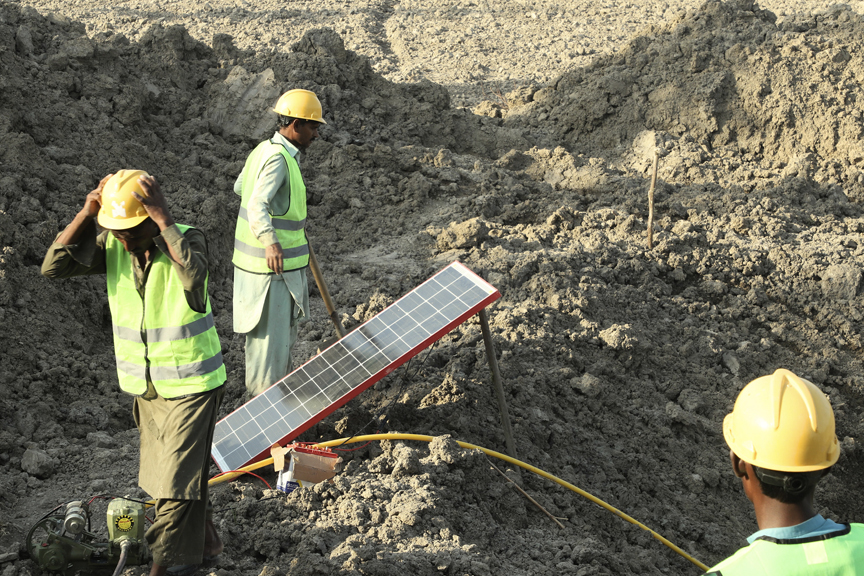
Harnessing Water, Harvesting Prosperity
As a result, more land is now under irrigation, increasing agricultural productivity by up to 60%, which contributes to boosting local food production and economic stability.
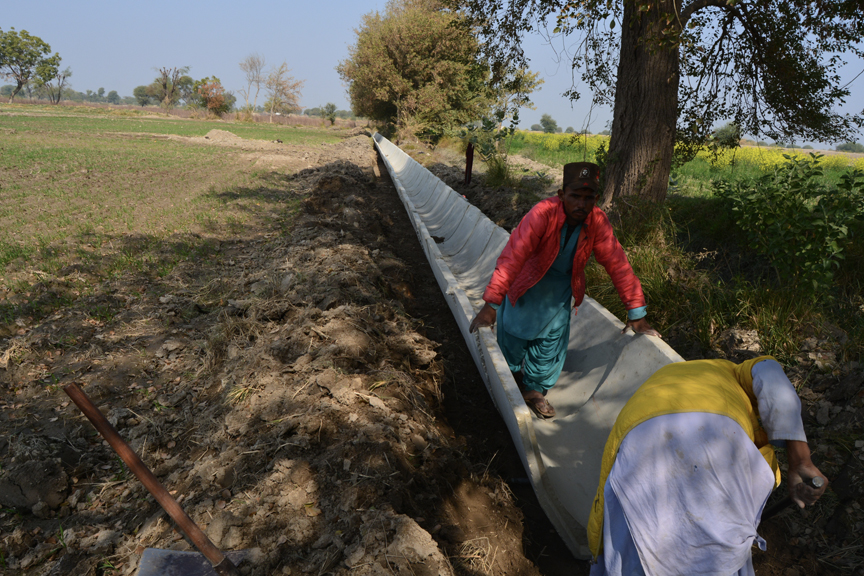
The project also supported the establishment of communal nurseries, which have been supplied with
agricultural inputs. The seedlings produced are distributed among community members to develop their own kitchen gardens, contributing to household-level food security and improved dietary diversity.
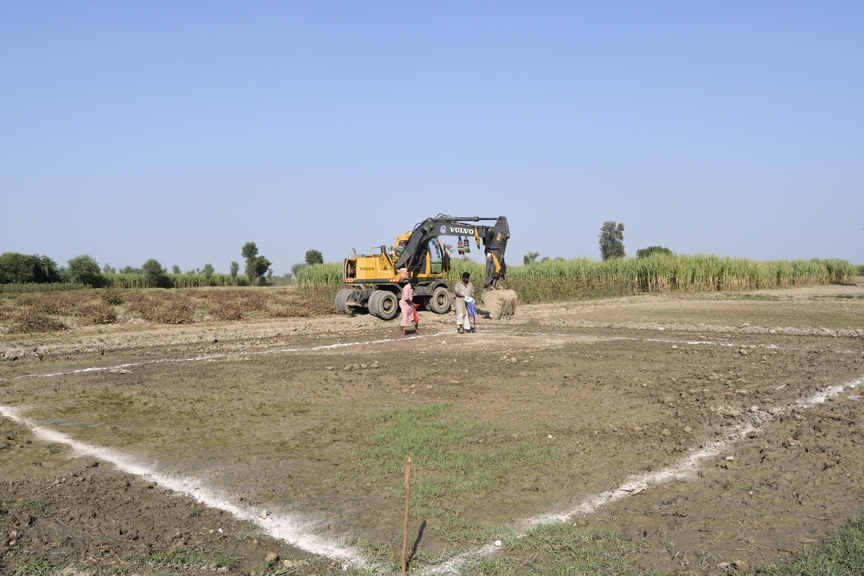
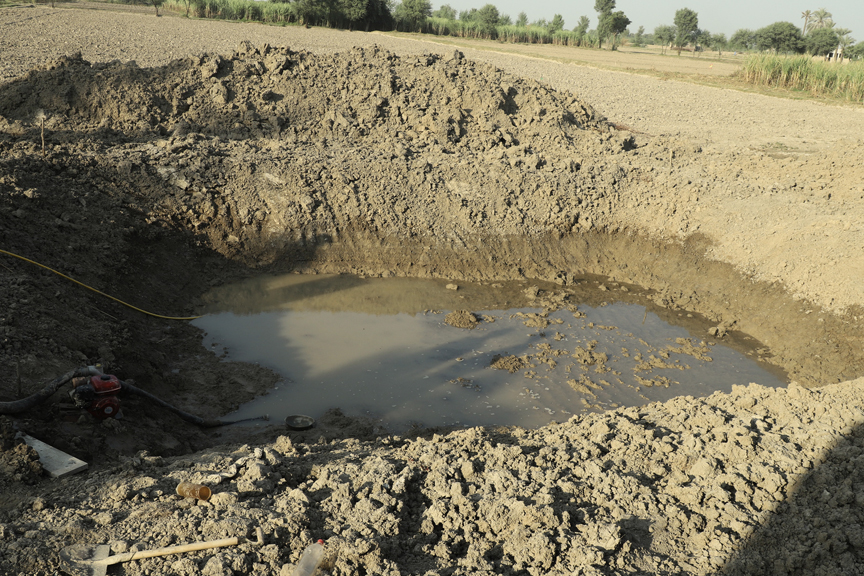
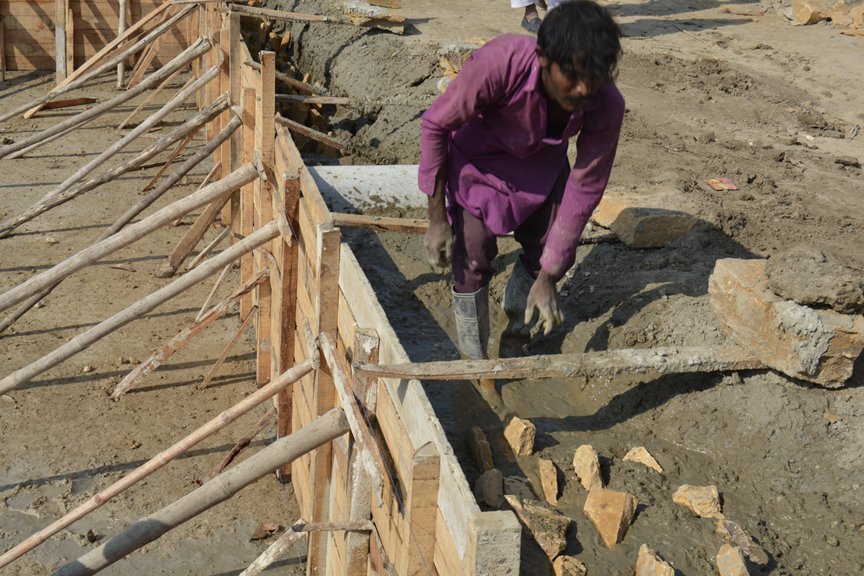
As a result, households are now more self-reliant in meeting their food needs while also improving their nutritional intake.
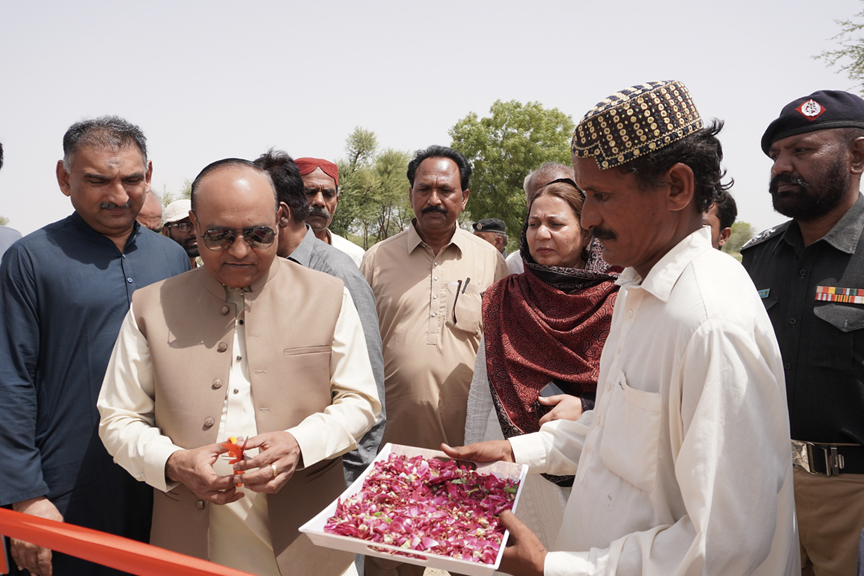
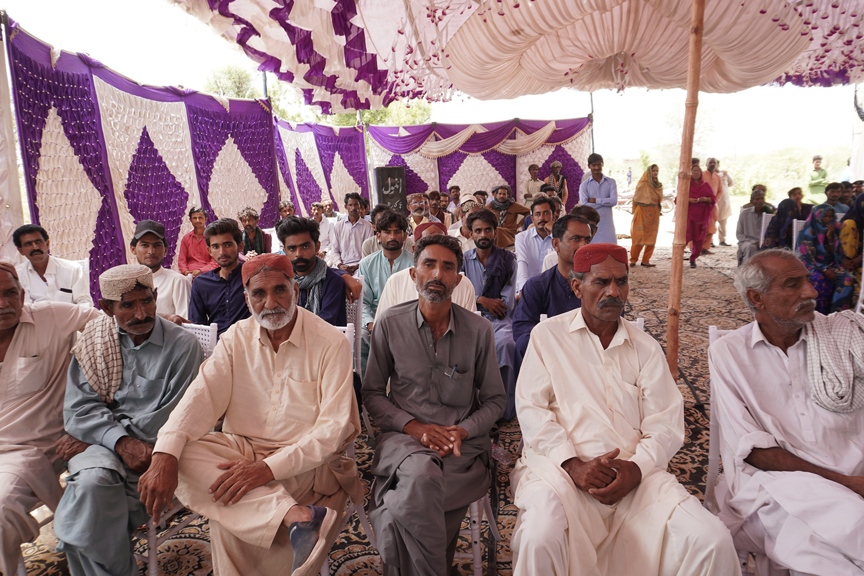
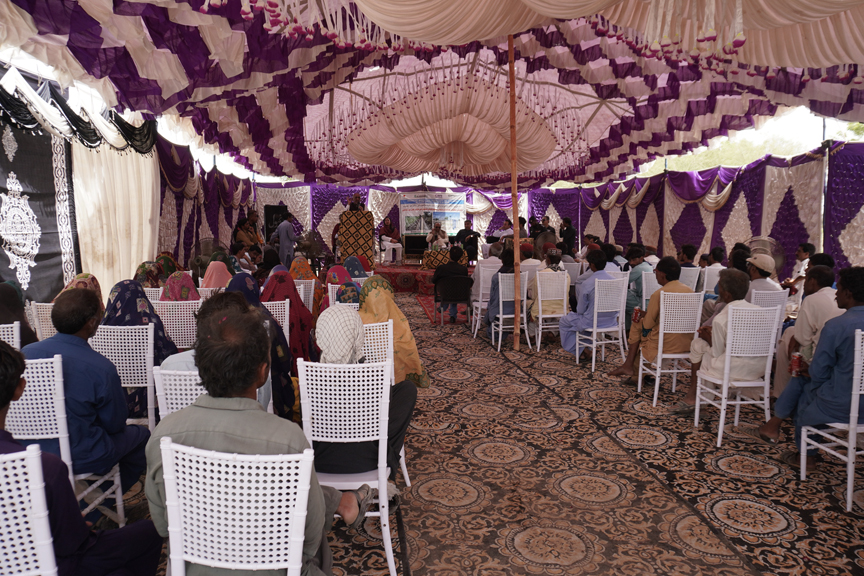
The ceremony underscored the community-driven nature of the project, with government representatives highlighting the importance of such initiatives in addressing critical regional challenges, including climate change and water scarcity.
Upon the successful completion of the project, the constructed schemes were officially handed over to the communities in the presence of relevant government departments, ensuring their sustainability and operational effectiveness.
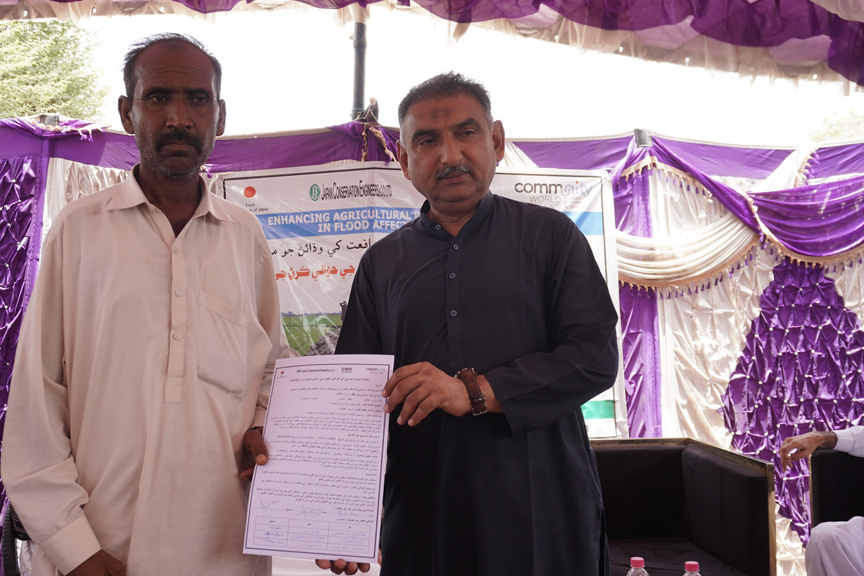
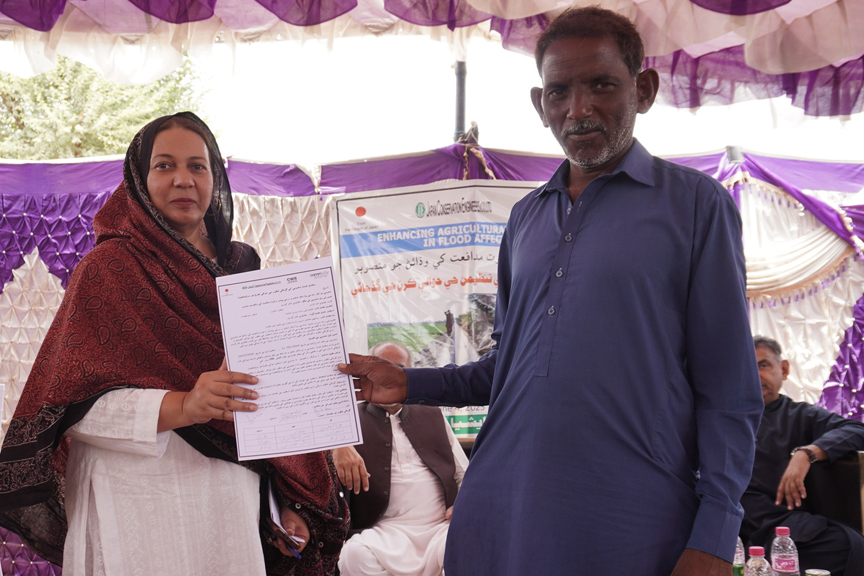
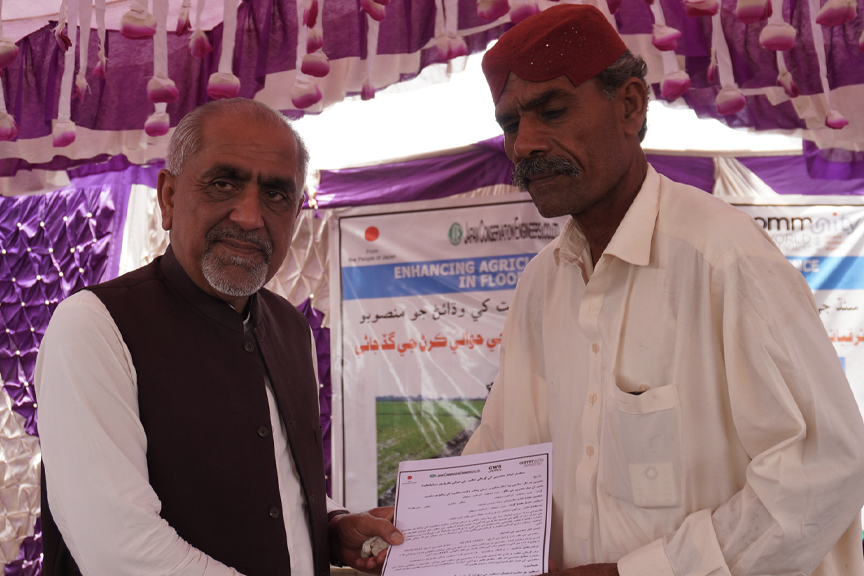
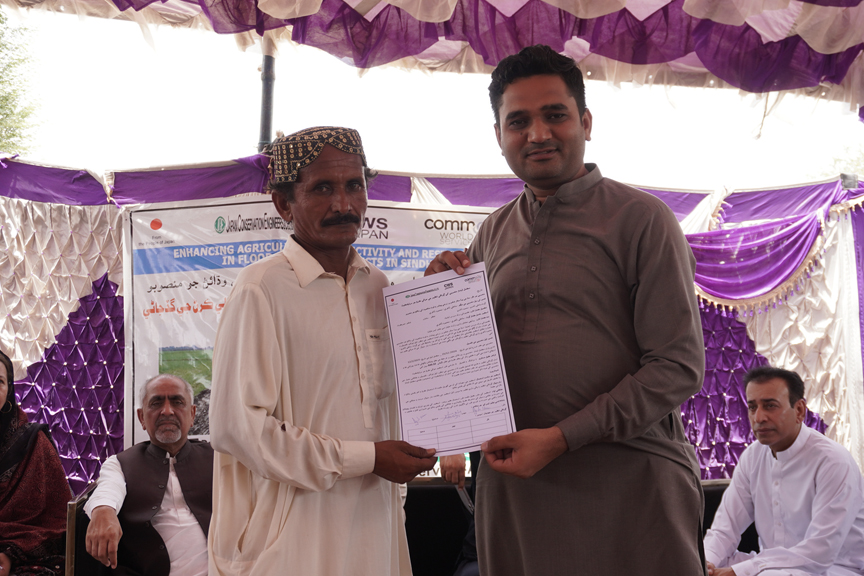
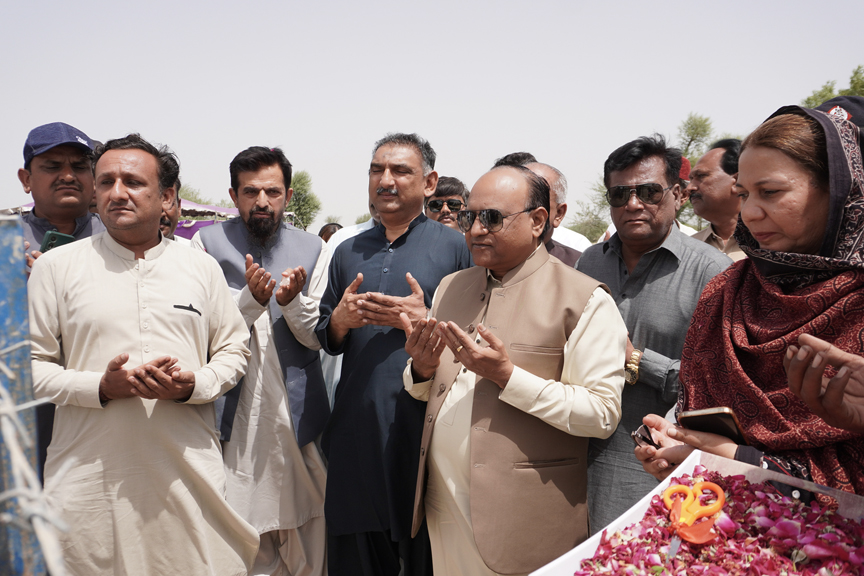
Climate-Ready Communities
Community World Service Asia acknowledged the collaborative efforts of all stakeholders—including the government, its partners, and the community—and reaffirmed their shared commitment to fostering sustainable agriculture, climate resilience, and promoting community-led development.

